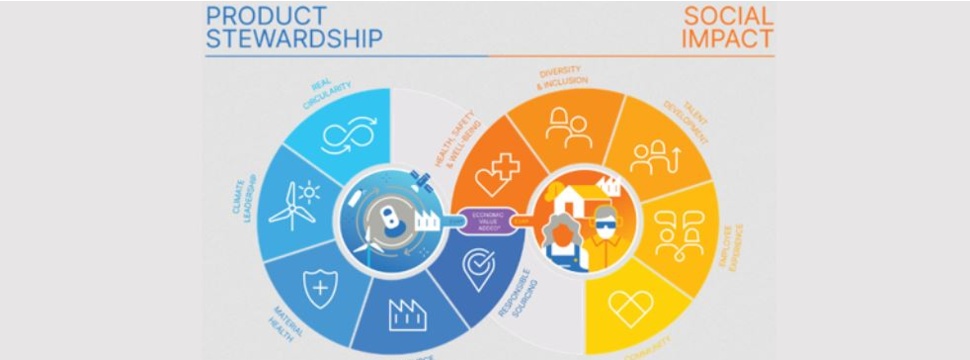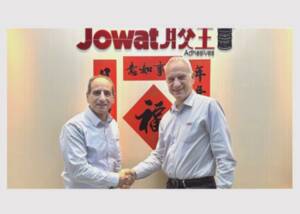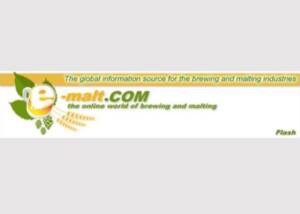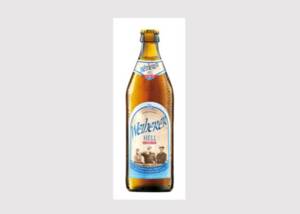Ball: New sustainability targets and a vision
News General news
Ball Corporation (NYSE: BLL), one of the world's leading suppliers of aluminum packaging and aerospace technology, has published its sustainability goals for 2030. These focus specifically on expanding product stewardship throughout the lifecycle and making progress on social issues. In addition, the company has developed the future vision of an optimal circular orientation for aluminum beverage packaging. This vision shows which priorities need to be addressed together with partners along the value chain in order to close the aluminum loop as much as possible.

Ball's new sustainability goals include operating in a net CO2-neutral manner by 2050 at the latest. By 2030, the company aims to switch to 100 percent renewable electricity and ensure that aluminum is sourced exclusively from certified sustainable sources. 80 percent of the global beverage can volume is to be switched to Ball's current lightest can, the so-called StarCan, by then.
Complementing its long-standing commitment to environmental, social and governance issues ("ESG program"), Ball has expanded its diversity and inclusion initiatives to include specific goals for all regions and business units. For example, Ball Beverage Packaging South America has committed to increasing the percentage of non-white employees in new hires from 31 to 47 percent. Ball Beverage Packaging EMEA (Europe, Middle East and Africa) plans to fill 25 percent of all vacant production positions with women in the future.
In addition to sustainability goals, Ball presents a "Vision for a Perfect Cycle." This industry strategy describes how beverage brands, retailers, aluminum beverage packaging manufacturers and their suppliers can work together to increase the global recycling rate from today's 69 percent to more than 90 percent and increase the percentage of recycled material globally from an average of 50 percent to 85 percent. Today, the aluminum can is already the most recycled beverage container in the world. Compared to the production of new aluminum, recycling consumes 95 percent less energy, and after just 60 days an aluminum can can be back on the shelf.
To make this vision a reality, Ball will drive numerous actions with different stakeholders. These include a low-carbon roadmap for the aluminum beverage packaging sector and establishing effective and efficient recycling systems through targeted investments in infrastructure and technology in the regions where the company operates. Ball plans to publish a comprehensive recycling and climate protection roadmap for the aluminum beverage packaging industry in the coming year.
"As one of the world's leading manufacturers of aluminum beverage packaging, we have a responsibility to our customers and the planet. That's why we are improving our company's environmental and social performance and taking a leadership role in developing industry-wide solutions to the climate crisis," said John A. Hayes, Ball CEO. "Our customers are working to achieve climate neutrality and meet the growing consumer demand for greater sustainability. That's why they are looking for recyclable packaging with a low carbon footprint. Virtually infinitely recyclable aluminum cans, cups and bottles offer a solution. I am confident that by working with our partners, we will continue to improve our products and achieve optimal circularity across the industry."










